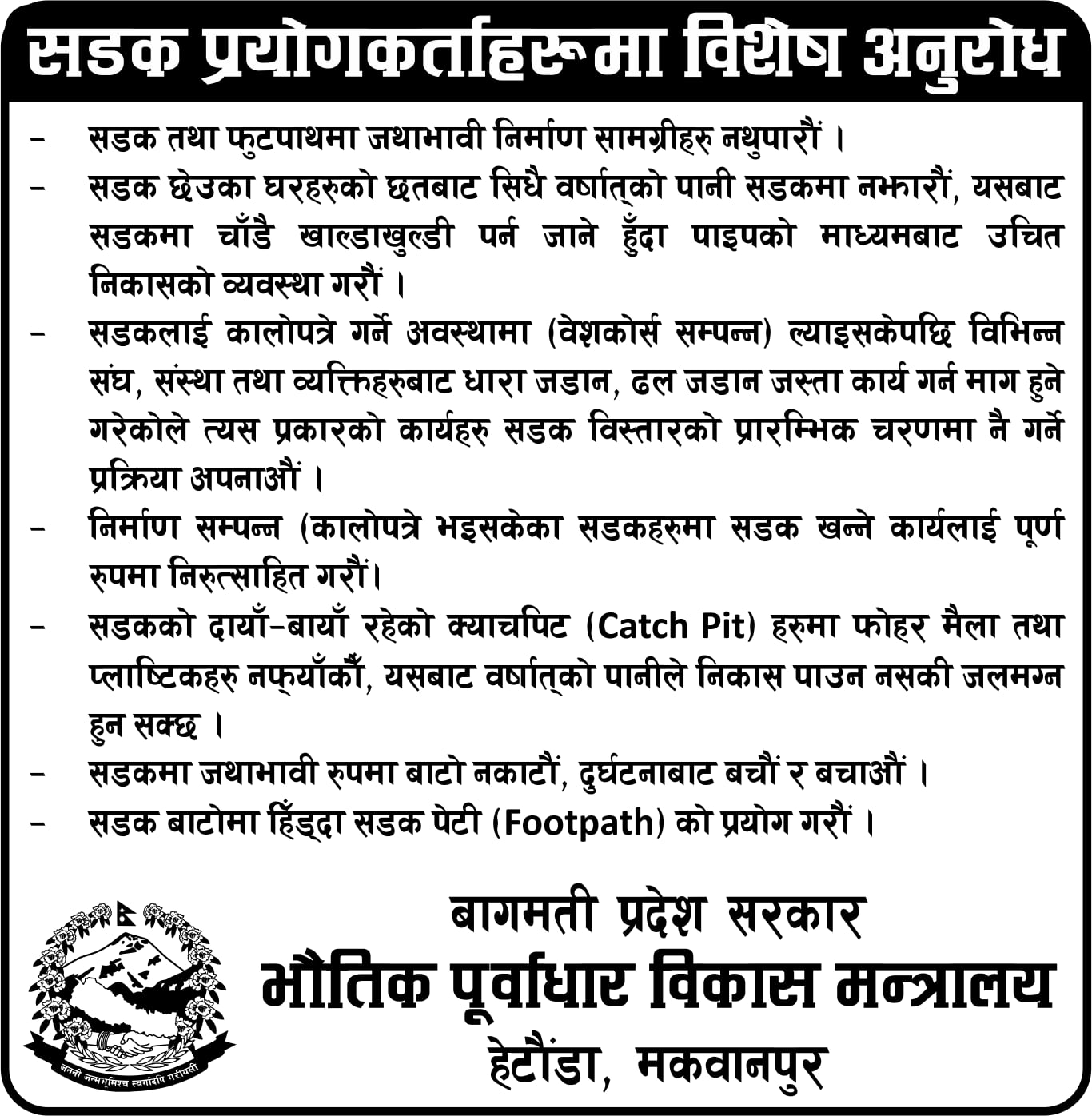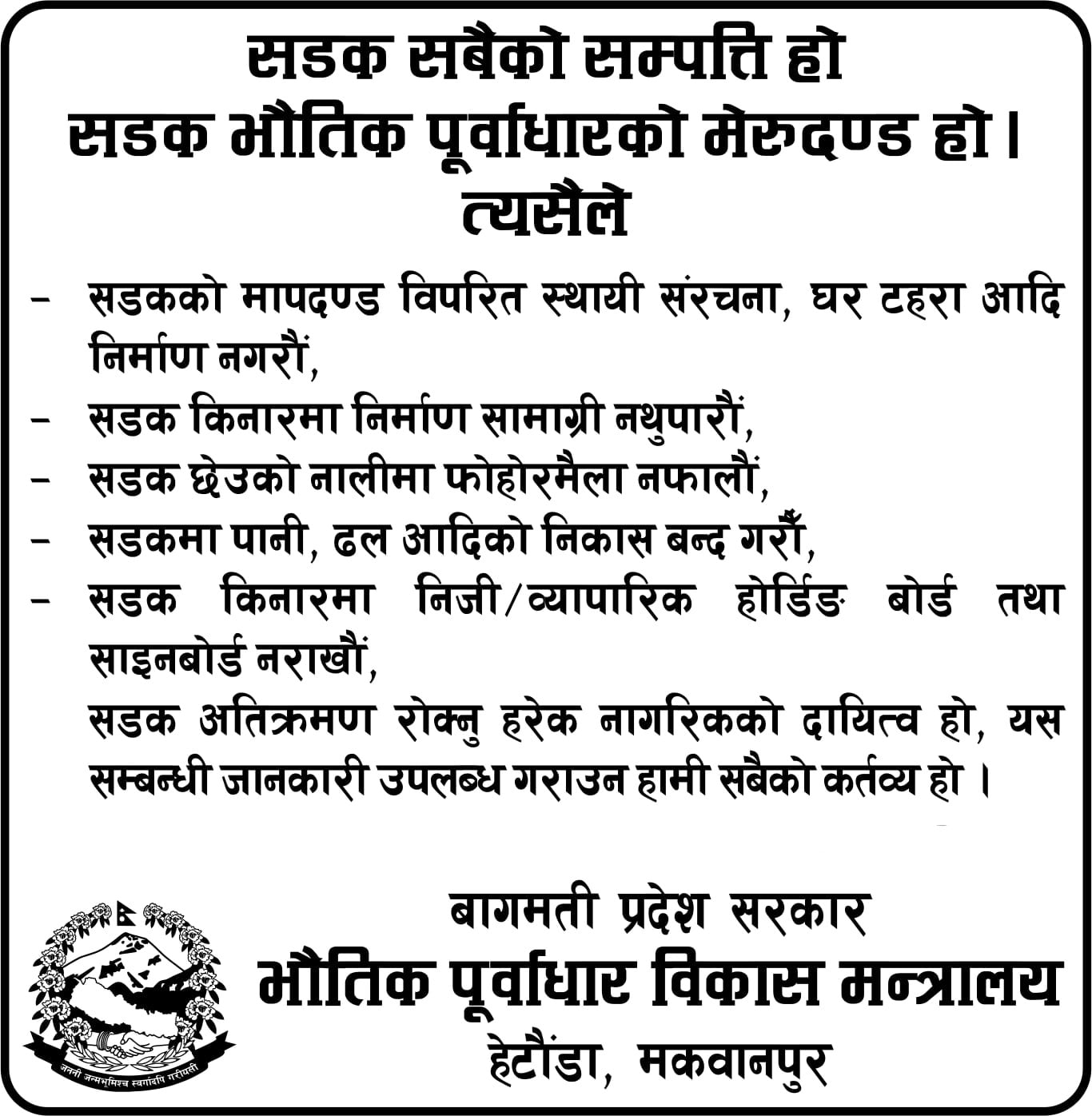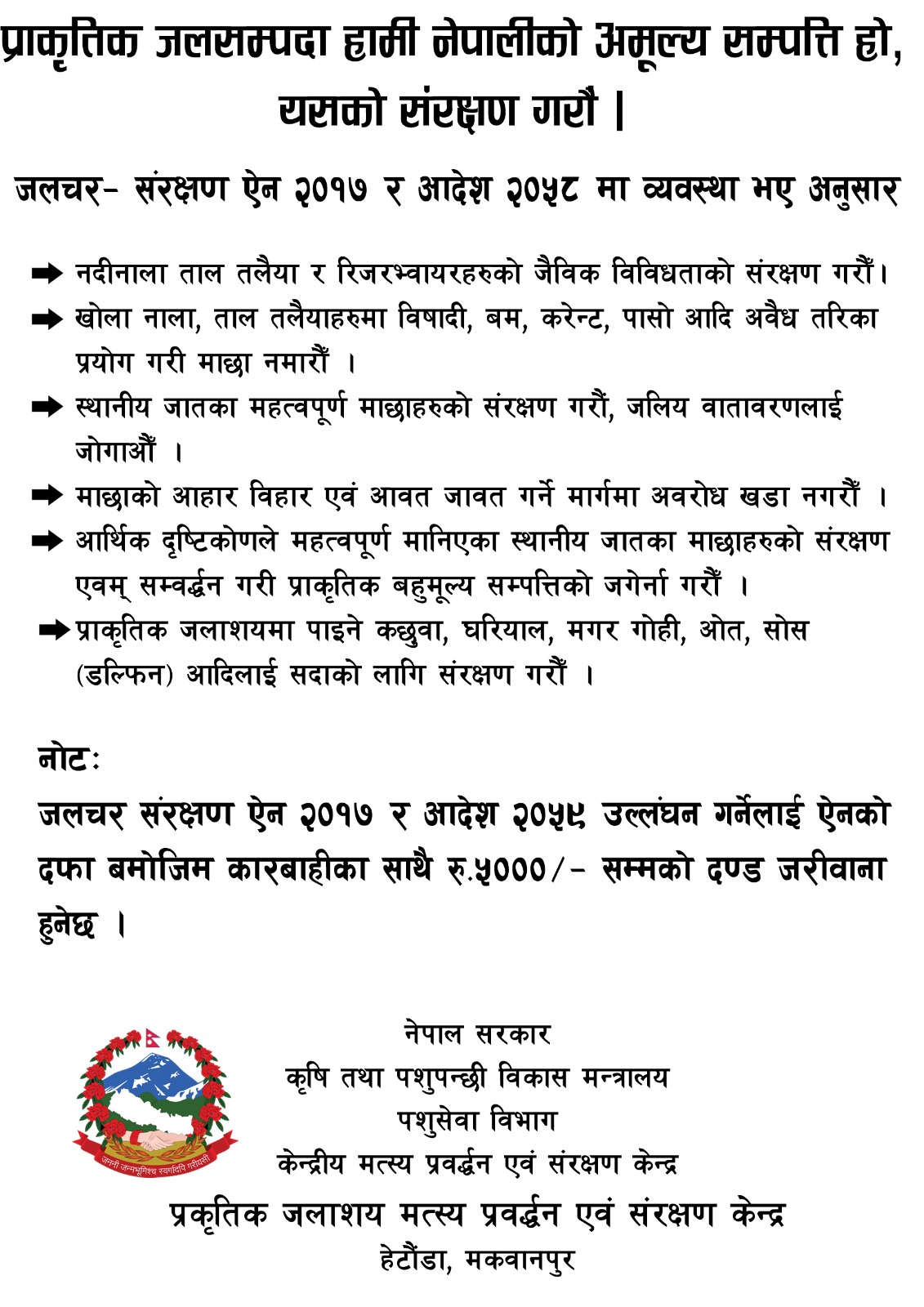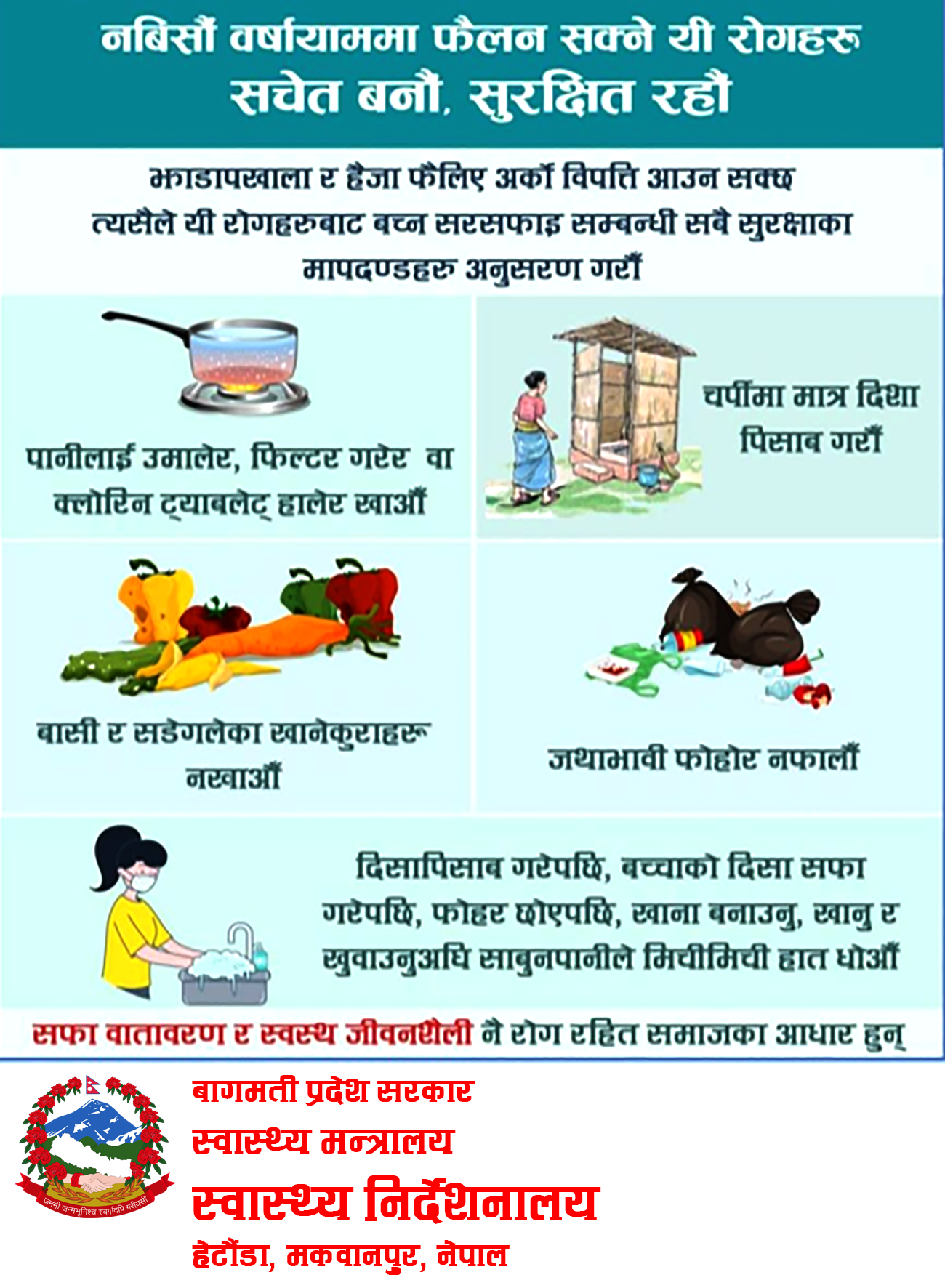Margibalized tribal woman whose livelihoods were based on forest became entrepreneurs

The women of the endangered(Indigenous People (IP) Bankariya settlement living in Manahari Rural Municipality of Makwanpur are making a living by producing soap from the teepees and neem that are wasted in the river banks and forests. As the Masine Shanti Community Forest has turned into an intermediate area, the women of this forest-based community have become entrepreneurs by using the wasted teepee, neem .
In 2062, with the help of District Development Committee Makwanpur and Manhari Villages, the residents of the Forestry community, who came from the nomadic life of the forest to live in the slums, are now gradually becoming independent. Santamaya Bankaria, head of Bankaria, said that now they are starting to send their children to school and are also involved in social activities. He said, “We have come from a wild life to a domestic life. We are trying to make sure our children don’t suffer like we did.”
Yesterday, they survived by eating githabhyakur and other fruits of the forest, but now they have started to produce food crops. He said, “When we wanted to eat food, the men used to go to the village with curilo, chucho, fish, now we are growing it ourselves.” He said that that day will be like a story for tomorrow’s generation, remembering that he could not eat when he was sick and in labor.
Santoshi Vanakaria, who studied JTA, has inspired everyone to take up agriculture by working in the village after her studies. According to him, buffaloes are reared in every house now. Many people sell ghee because it is more profitable to make ghee than selling buffalo milk. A few years ago, fish ponds were dug in Karesa in every house, but due to the problem of snakes eating the fish, now they are attracted towards animal husbandry and agriculture.
The rural municipality has been providing them with training in sewing, weaving and vegetable farming from time to time. With the knowledge learned from such training, they have now started planting vegetables, fruits and corn in their fields in a modern way. Some have also reared goats, chickens and fish. This has gradually improved their living standards.
Attraction towards soap production
In the past, they used to earn their living by searching for Kucho-khareto, Kurilo, Githa vakur and fishing in the river from the Masine Shanti community forest, but when the forest fell into the middle area, they had a problem. Now that they have started living in the community, they have started a business of making soap from teepee, neem and dhyu kumari. He informed that currently Onekaria Chepang women’s soap industry has registered and started production.
According to Mukhiya Santamaya, 25 women from Bankaria and Chepang settlements started making soap together. According to him, last year the National Tribal Women’s Forum gave them soap making training. He said that after the training, they got an opportunity to join the income generation. The platform has also provided the necessary tools for soap production.
Now their challenge is the necessary raw materials and marketing. “We have started planting neem, the raw material for soap, we have planted a little bit of ghee in the field, we can get it around the teepee, on the road”, Santamaya said. They have produced small, medium and large soaps and sell them for 20 to 60 rupees.
The platform had invested 2 lakhs in the materials needed to make the form and soap. According to the local memory, Bankaria brought farma from Butwal to make soap and said, “It takes hard work to make soap, you have to go to pick bitter gourd, you have to plan it, you have to cook it.” He says that the demand is gradually increasing.
Now the platform has bought the soap made by them. He said that because the business cannot be sustained by relying only on what an organization always buys like this, now they are worried about marketing. He says that in the work started with the small amount given by the platform, there is a problem in expanding the business because the investment capital is low and the production is also low.
In recent years, there has been a gradual change in the Bankaria community, which spends half of the year in the Sahara of wild Kandamul. Five girls and one boy from Bankaria community, who are far away from modern life skills, have passed the SLC/SEE exam. Two girls are engaged in the technical field. Santoshi Bankaria, the first educated woman in the Bankaria caste, has started working in the village as an agricultural technician (JTA). Pampha Vankaria, who passed the SLC exam 920720 for the first time from the Vankaria community, studied Lab Assistant Technician subject and is currently working as a lab assistant in Manhari’s Razaiya, Mukhiya Santamaya informed.
In the last year, when the government started giving an allowance of Rs 4,000 per month to the forestry community for social security, their economic condition has improved somewhat. The endangered forester who has been living as a squatter in Makwanpur’s Manhari-4 Musedhap for the past 18 years has no land in his name. In 2062, the government of Nepal allowed the small number of foresters to live in the Kabuliyati forest because they were suffering from wandering in the forest. Collective landowners have been demanding compensation in the same place where they live.
“Bankaria” is one of the least populated tribal communities in Nepal. Their number is less than that of the Raute caste who are living a nomadic life in Dailekh. This community living in Musedhap near Manhari Rural Municipality-4 Masine of Makwanpur belongs to the endangered caste community. Currently, 93 foresters are living in 25 households in Musedhap.
Foresters in Manahari rural municipality-4 have also made national identity cards and have voted in two elections. They are sad for not being able to settle permanently and claim the land as their own.
Forestry community becoming educated
Prakash Thapa, Ward President of Manhari Rural Municipality-4 informed that Santoshi Vankaria has been given the task of teaching the class in order to make the children of Bankaria community study.
Bhanubhakta Acharya, professor of Pashupati Mavi, says that the consciousness of raising children has been awakened in Bankariya community. According to him, so far three people have passed SLC and three people have passed ISEE and about 19 children are coming to school regularly. He said that there is also a female student currently studying higher education in Bankaria Basti. Mentioning that foresters are not enrolled in schools, they have to go to their homes and conduct school enrollment campaigns, Professor Acharya says that the children who are currently attending school have also become more attached to education.
Remembering that she was studying in class 12, Bankaria said that she had a big dream of becoming a journalist. He wanted to be able to make news like other journalists who come to write the news of his community.
Population in decline
The population of this community, which is a minority in the country, is decreasing. As the number of women in the marriageable age group is more than the number of men, it seems that the population is decreasing. The local residents say that the population is decreasing because the women marry and go with the Chepang caste who share the same culture. They have a custom of intermarrying with the Chepang community.
The tribal foresters, who abandoned their nomadic lifestyle and settled in one place only two decades ago, still have not been able to settle permanently. A few years ago, the Bankariya caste, who were granted citizenship through the local administration, are still 100 percent Sukum residents. The Bankariya tribe, which was listed as an endangered tribal tribe in the country in 2059, is now living temporarily on the land of the National Park.
At present, Musedhap, which is inhabited by foresters, is not a good place for agricultural production. The production here is enough for the forestry community to eat for three months only. To improve the financial condition of the Vankaria community, the municipality has run the Bankaria homestay, but it has not been effective, informed Sita Pulami, the vice president of the municipality. He says that although the rural municipality conducted a homestay for those who want to observe their lifestyle and live in their homes, promoting the lifestyle, food, tradition and culture of the endangered Bankariya caste, this effort was not successful.
According to Vice President Pulami, the municipality has made a support plan for the promotion of soap production work started by them in order to improve the economic level. The rural municipality has taken the goal of gradually developing Banakaria settlement as a tourist area. He said that vegetables, grain, fruits and fish from the river produced in Bankaria settlement will be promoted.










